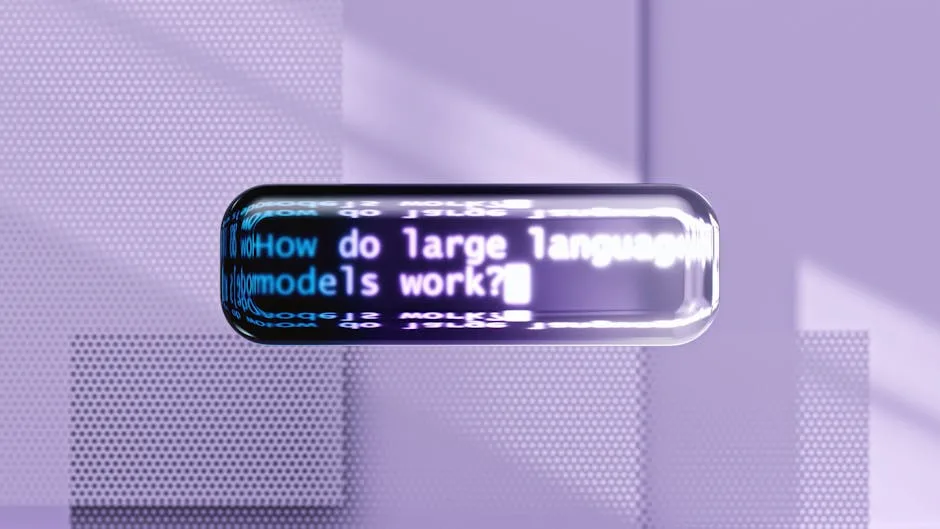
Meta has announced the creation of a new AI lab focused on achieving “superintelligence,” led by Scale AI founder Alexandr Wang as part of a broader reorganization of the company’s artificial intelligence efforts under CEO Mark Zuckerberg. The initiative involves significant hardware investments, including 340,000 Nvidia H100 GPUs, and raises critical questions about AI ethics, open-source governance, and security risks in large-scale AI deployments.
Infrastructure and Technical Foundations
Meta’s transition to GPU-based infrastructure marks a pivotal shift in its AI strategy. Until 2022, the company relied on CPUs and custom chips like the MTIA v1 accelerator, which delivered 102.4 TOPS (INT8) performance at 25W TDP using TSMC’s 7nm process. The current deployment of Nvidia H100 GPUs required complete data center redesigns to accommodate 24-32x networking capacity and liquid cooling systems. This hardware arms race reflects the computational demands of training large language models (LLMs) like LLaMA 4, whose 65B-parameter “Maverick” variant is currently in production.
The superintelligence lab’s open-source approach contrasts with closed models like OpenAI’s, creating both opportunities and security challenges. While open models enable broader scrutiny, they also lower the barrier for malicious actors to repurpose AI systems. Meta’s automation of 90% of content moderation decisions by May 2025 exemplifies this tension, where AI systems replace human judgment in sensitive areas like misinformation detection.
Security and Ethical Considerations
Meta’s AI infrastructure presents unique attack surfaces that security professionals should monitor. The scale of GPU clusters creates physical security challenges, while the open-source nature of models increases supply chain risks. Notably, Meta’s decision to end global fact-checking programs in January 2025 and replace them with AI summarization tools has been criticized for potentially amplifying disinformation.
From a red team perspective, several areas warrant attention:
- Hardware supply chain integrity for 340,000+ GPUs
- Model poisoning risks in open-source LLM training pipelines
- Adversarial attacks against automated content moderation systems
- Data exfiltration potential in multi-modal systems like Ray-Ban Meta Glasses
Regulatory and Operational Impacts
The European Union’s Digital Services Act (DSA) mandates human oversight for AI systems, creating a regulatory split with Meta’s push for full automation elsewhere. This discrepancy forces security teams to maintain parallel compliance frameworks. In India, where Meta AI sees heaviest adoption, open-source models are being integrated into WhatsApp and Instagram with fewer safeguards than EU deployments.
Meta’s political alignment shifts, including relaxed hate-speech policies post-2024 U.S. elections, further complicate content security. Internal documents reveal a deliberate “unrestrained speech” strategy that may conflict with corporate security policies regarding harassment and extremist content.
Conclusion
Meta’s superintelligence initiative represents both a technical milestone and a security challenge. The scale of infrastructure, combined with controversial policy decisions, creates novel risks in AI governance, content moderation, and system integrity. Security teams should prioritize monitoring model behavior, securing training pipelines, and developing countermeasures against adversarial attacks on large-scale AI systems.
References
- “Inside Meta’s scramble to catch up on AI,” Reuters, Apr. 25, 2023.
- “Meta reveals new AI chip to power its data centers,” The Verge, May 18, 2023.
- “Meta Is Creating a New A.I. Lab to Pursue ‘Superintelligence’,” New York Times, Jun. 10, 2025.
- “Mark Zuckerberg on Meta’s AGI ambitions and reorganization,” The Verge, Jan. 18, 2024.
- “Meta’s AI automation raises risks on Facebook and Instagram,” NPR, May 31, 2025.
- “Meta’s AI news summaries draw criticism as ‘uncompensated theft’,” Washington Post, May 22, 2024.
- “Meta releases Llama 4, a new crop of flagship AI models,” TechCrunch, Apr. 5, 2025.






